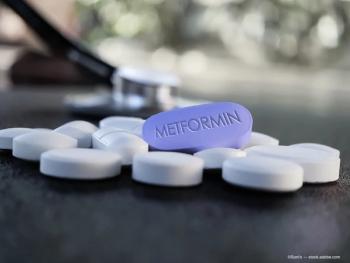
Role of Biosimilars in nAMD and DME Step Therapy
Judy Kim, MD and Peter Kaiser, MD discuss the use of biosimilars and the potential introduction of biosimilar aflibercept for treating retinal diseases. Experts discuss their preferences for specific drugs and highlight the evolving landscape, anticipating challenges in drug selection and emphasizing the need for collaboration between retinal specialists and insurance companies to optimize patient care.
Episodes in this series

Summary
Experts shift their focus to biosimilars in the market, particularly the biosimilar ranibizumab. Peter Kaiser, MD highlights their safety and efficacy comparable to the reference ranibizumab. Despite being on formulary, Kaiser expresses a preference for other agents, such as bevacizumab and aflibercept, for patients with macular degeneration. The conversation touches on the potential shift in attitudes towards biosimilars, especially with the impending entry of a biosimilar aflibercept into the market. Kaiser emphasizes that he would likely use a biosimilar aflibercept when available, citing a thorough examination of biosimilar data and expressing confidence in their approval process.
The discussion takes an interesting turn as Kaiser introduces the "supermarket problem," likening the to the limited shelf space in a supermarket to the limited fridge space in clinic. Kaiser expands on this analogy, emphasizing the need for strategic choices in stocking available treatments. They discuss the increasing complexity of treatment decisions with a growing array of available drugs.
The conversation concludes with a recognition of the challenges posed by barriers like step therapy. Experts emphasize the importance of collaboration between medical societies, such as the American Society of Retina Specialists, and insurance companies, to address treatment barriers and work towards the benefit of patients.
This summary was AI-generated and edited for clarity.
Newsletter
Don’t miss out—get Ophthalmology Times updates on the latest clinical advancements and expert interviews, straight to your inbox.






























